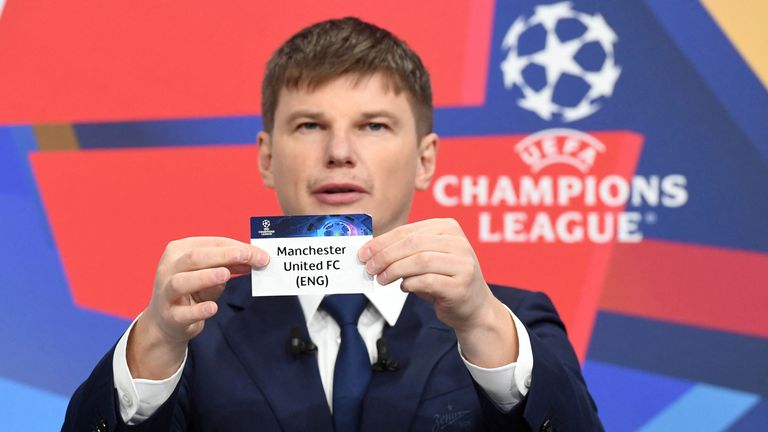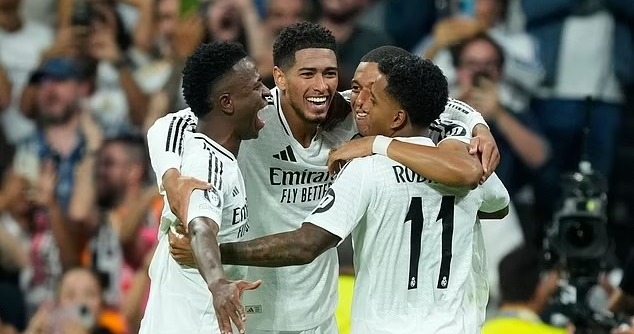The Union of European Football Associations (UEFA) Champions League and Europa League are the premier international club competitions in European football. The current formats of these tournaments have undergone significant changes in recent years, aiming to increase competitiveness, revenue, and fan engagement.
Champions League Format
The UEFA Champions League is Europe’s most prestigious club competition, featuring the continent’s top teams.
The current format, introduced in 2020, consists of:
1. Group Stage: 32 teams, divided into eight groups of four teams each, compete in a round-robin format.
2. Knockout Phase: The top two teams from each group advance to the knockout stage, consisting of the Round of 16, Quarterfinals, Semifinals, and Final.
3. Qualification: Teams qualify through their domestic league performance, with the top four teams from the top four European leagues (Premier League, La Liga, Bundesliga, and Serie A) directly entering the group stage.
Europa League Format

The UEFA Europa League is the second-tier competition, featuring teams that fail to qualify for the Champions League or are eliminated from the Champions League qualifying rounds. The current format consists of:
1. Group Stage: 40 teams, divided into ten groups of four teams each, compete in a round-robin format.
2. Knockout Phase: The top two teams from each group advance to the knockout stage, consisting of the Round of 32, Round of 16, Quarterfinals, Semifinals, and Final.
3. Qualification: Teams qualify through their domestic league performance, cup competitions, or Champions League qualifying rounds.
Key Changes and Innovations
The new Champions League format will no longer feature a 32-team group stage and there will be a 36-team league phase instead.
Each of the 36 teams will play eight different teams, with four of those games played at home and four games played away. A seeding system was used in the draw to determine which teams played each other.
Normal rules apply in terms of points – three points for a win, one point for a draw and zero points for a loss.
Who goes through to the knockout stage?
Top eight advance to last 16 round.Teams who finish 9th to 24th contest play-off. Winners of play-off play top eight in last 16 round. Format remains the same as old format from last 16 round on. The top eight teams in the league phase progress directly to the last 16 stage of the knockout round.
The 16 teams that finish ninth to 24th in the league phase will compete in a knockout phase play-off. Those who finish ninth to 16th will be seeded for the draw, while the teams who finish 17th to 24th will be unseeded.
The eight winners of the knockout phase play-off round advance to the last 16, where they will play against the the top eight teams from the league phase.
From the last 16 stage onwards, the Champions League format remains the same as before, with quarter-finals and semi-finals followed by a final in a neutral venue.
This biggest change also relates to the UEFA Europa league, which will become a single 36-team ‘league stage’.
Each club will face eight different teams, with four home fixtures and four away. The top eight overall advance directly to the round of 16. Teams that finish ninth to 24th will then compete in the knockout play-offs, with victors progressing to the last 16. The knockout phase remains as was.
While critics may argue that the current format favors top teams, limiting opportunities for smaller clubs, they realise that in a league format, anything can happen and the new format is soon becoming widely accepted.
The current Champions League and Europa League formats have successfully enhanced competition, revenue, and fan engagement, despite existing criticisms. These formats have boosted participation, prize money, and exposure for European clubs. As UEFA navigates the evolving football landscape, striking a balance between competitiveness, financial sustainability, and fairness remains crucial. The Champions League and Europa League continue to captivate global audiences. To maintain the integrity and excitement of these premier competitions, UEFA must prioritize fairness, competitiveness, and sustainability in future format developments.




It actually gave the big team the upper hand. Imagine city playing a team like dynamo, you already know the result😂
So na 2 teams go qualify from each group and my team dey play like ẹlẹsin like this
Awusubilai
Wagwan
UEFA Champions League is indisputably the pinnacle of European club football, a stage where iconic clubs and legendary